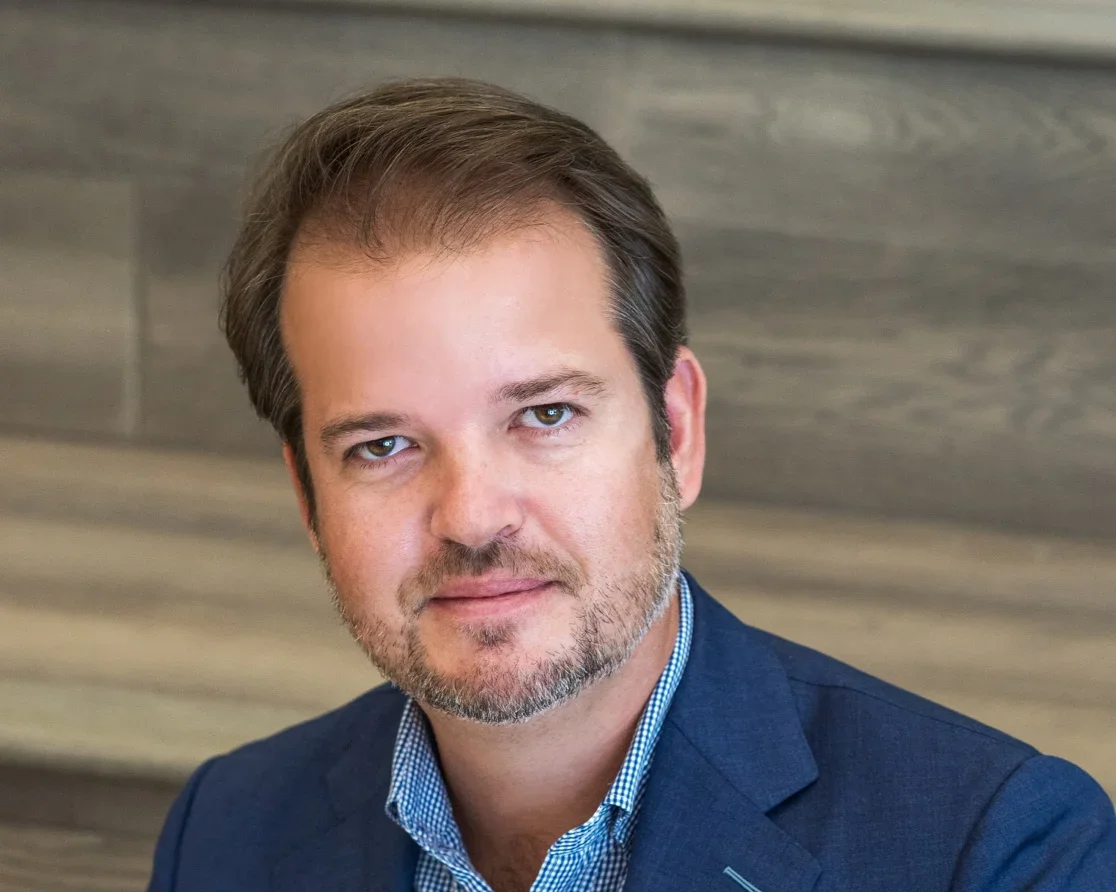At this year’s FT Commodities Global Summit in Lausanne, Switzerland, industry leaders from across the sector gathered to exchange views on the forces reshaping the global commodities landscape.
HC Group's Managing Partner and host of the HC Commodities Podcast, Paul Chapman, attended the event and engaged in many of these conversations. While the presentations and formal panels offered depth, it was the informal, off-stage conversations that revealed a sector at a strategic crossroads. Here, Paul reflects on uncertainty, volatility and what it means for the commodities world.
Returning to Lausanne reminded me just how fast the landscape is shifting beneath our feet. This year, uncertainty was the dominant theme – not just a buzzword, but a daily reality for everyone in the sector.
Volatility isn’t just cyclical anymore. It’s becoming a permanent condition, shaped less by supply and demand fundamentals and more by unpredictable policy decisions and shifting geopolitical relationships. The influence of politics on markets is growing, and this is changing how we interpret what’s to come.
It’s harder than ever to distinguish between a short-lived headline and a policy shift that will genuinely reshape trade flows or investment decisions. This level of unpredictability forces companies to remain agile, even as they strive to deliver reliability in operations and supply chains. I found it particularly striking how many conversations touched on the idea that the old risk models are no longer sufficient. We’re seeing the traditional rules of engagement being challenged—supply chains, regulations, trade norms—all of it.

Security is Redefining Strategy
One of the strongest signals to emerge from the summit was the shift in strategic priorities. Cost and efficiency used to drive decision-making; now, security takes a firm place at the top of the agenda. Whether it’s access to energy, critical minerals, or refining capacity, governments are playing a much more active role.
There is a growing urgency to protect domestic supply and reduce reliance on foreign partners, especially in areas tied to the energy transition. Renewables are a great example. While they haven’t always been economically viable, they’re increasingly being supported because they offer something more valuable—control. Unlike oil or gas, electrons don’t travel across oceans.
Local production isn’t just cleaner—it’s more secure. That’s changing the logic of investment. The bigger picture here is that we may be moving away from an era of globalisation into something more regional, more fragmented. I don’t think it’s an overstatement to say we could be witnessing the early stages of a post–peak trade world. And if that’s the case, it has huge implications for how commodities are sourced, financed, and distributed.
The talent we’re seeing rise to the top is more cross-functional, more strategic, and more forward-looking
Resilience and Talent
As all of this unfolds, it’s also shifting what leadership and resilience means in our sector. In the past, quick decision-making and short-term trading instincts were often the most valued skills. But that’s changing. Today’s environment demands long-term thinking, a comprehension of regulatory and political landscapes, and the capacity to align business decisions with broader infrastructure and policy trends.
The talent we’re seeing rise to the top is more cross-functional, more strategic, and more forward-looking. And while much of the conversation was rightly focused on risk, there was also a clear sense of opportunity—especially in power and metals. Power markets are experiencing record levels of volatility, driven by decentralised energy generation and shifts in demand. It’s complicated, but that complexity creates room for innovation. At the same time, metals like copper and aluminium are in high demand as the backbone of electrification and grid modernisation.
These aren’t just raw materials anymore—they’re being treated as strategic assets. If there’s one lasting thought I took away from Lausanne, it’s that the future of this sector won’t be defined by those who can merely react to shocks—it will be led by those who plan for a different kind of world altogether. And that world is already starting to take shape.
Managing Partner, HC Group
Host, HC Commodities Podcast
HC Group is a global search firm dedicated to the energy and commodities markets.
Explore the full HC Commodities Podcast archive



